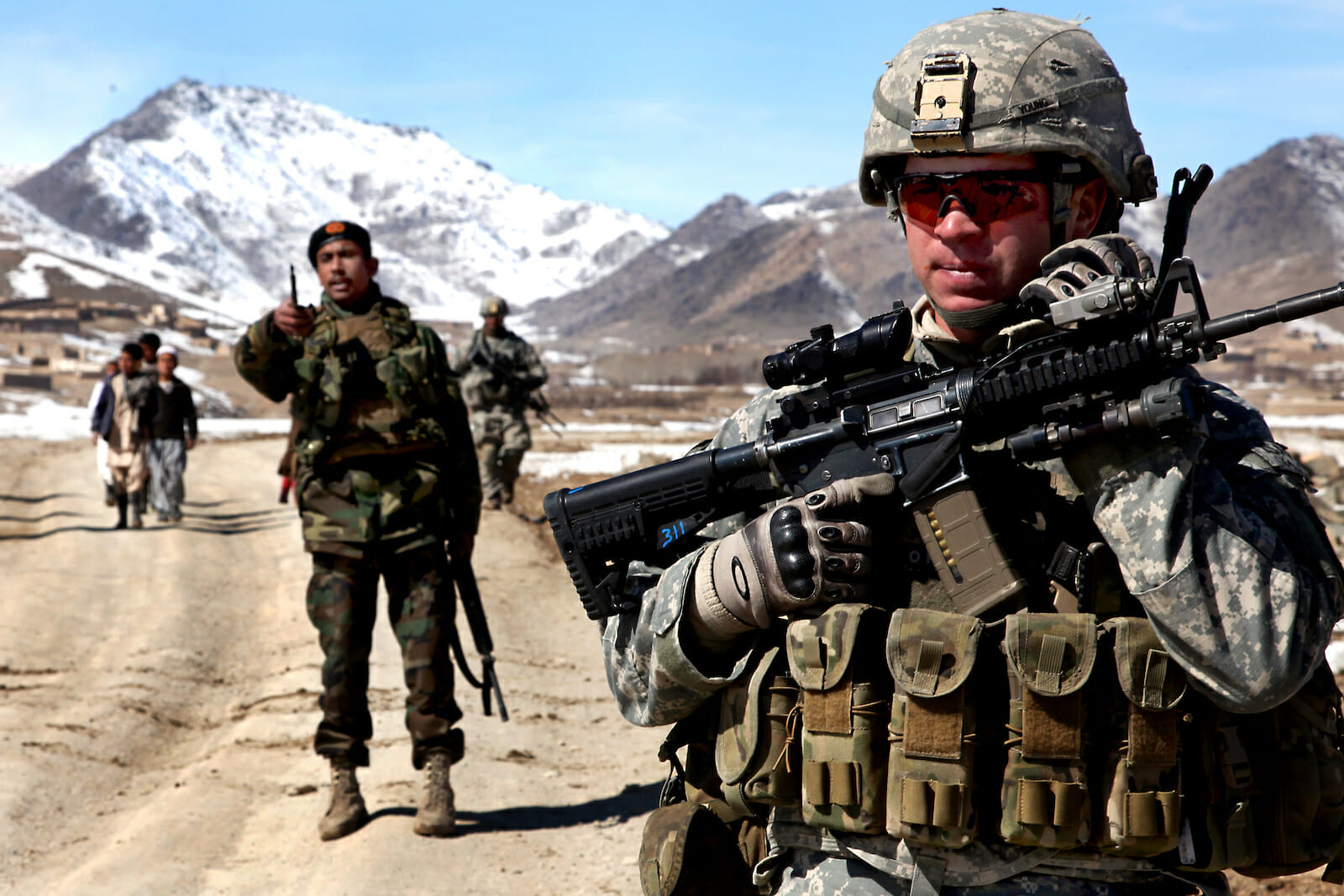
The Privatization of War in Afghanistan
Private military industries in the U.S. are behind the proposal of the privatization of the war in Afghanistan. Erik Prince, the founder the Blackwater Worldwide private military company, and Stephen A. Feinberg, a billionaire financier who owns the giant military contractor DynCorp International, each see a role for themselves in the future of the U.S. long-drawn-out war in Afghanistan.
It could get worse if handled in this vein. In a recent Wall Street Journal op-ed, Prince laid out a plan whereby the fighting force would be led by an American viceroy who would report directly to Trump. Modeled after General Douglas MacArthur, who ruled Japan after World War II, the viceroy would consolidate all American power in a single person. His mission: do whatever it takes to pacify Afghanistan. No more backseat driving of the war from pesky bureaucrats in Washington, or restrictive rules of engagement imposed on soldiers. An American viceroy with a privatized fighting force would make the trains run on time in Afghanistan—if they had trains.
Who would this viceroy be? Probably Prince had himself in mind, and that worries everyone. Under his watch, Blackwater military contractors opened fire in a city square in Baghdad, killing 17 civilians in one of the worst episodes of the Iraq war. When asked by Congress how he addressed potential wrongdoing among his employees in 2007, he said: “If there is any sort of…problem, whether it’s bad attitude, a dirty weapon, riding someone’s bike that’s not his, we fire him.”
There are other problems with Prince’s proposal. MacArthur was fired by President Harry Truman for abuse of power—hardly a venerable model for a viceroy. Also, the armies of the British East India Company did much harm in India and bankrupted the company. British taxpayers had to bail it out in 1770 and then the government had to seize control in 1874. This said, utmost attention should be paid to nature of the viceroy-centered war which Eric dreams of in the case of Afghanistan.
From a military perspective, there are many concerns about accountability, morality, culture, people’s reaction and so on. In a country such as Afghanistan where Islamic ideology predominantly calls the shots over the hearts and minds of the people, this would further create a sense of hatred among the people given the past behavioral factors of outfits such as Blackwater in other parts of the world.
Iraq’s case is such an example where 17 people were killed by Blackwater’s mercenaries. On the other hand, if privatization of the war is realized, the Afghan anti-government forces would make much of it by mobilizing the illiterate masses in the areas where insurgency is on the high under the title of Jihad, a plight which the country has been suffering for so long. People’s emotions could be very easily overtaken by proselytizing forces and the so-called jihadists against America. According to Ahmed Rashid, the distinguished Pakistani journalist, twenty three thousand Islamic madrassas exist across Pakistan and almost all of them are already contributing to the Afghan war by providing manpower and suicide bombers to the Jihad cause. Given this fact, they would be more emboldened than ever, and would encourage more sympathy towards the Taliban cause, so much so that this issue would bring about further mayhem and destruction on Afghanistan’s past two decades of half-baked achievements and democracy.
This type of an initiative is doable for a small force under certain conditions and proper oversight, but it is wholly different from what Eric Prince has envisioned for the Afghan war. However, the privatization is already underway in many other areas, but denial is not a strategy to manage and sort out this growing problem. Prince sees how it can be harnessed for U.S. interests and is pushing his proposal, as are others in the industry. But America is not ready for such a radical idea, and may never be, given the historical experiences it has in the course of its wars in other places.
